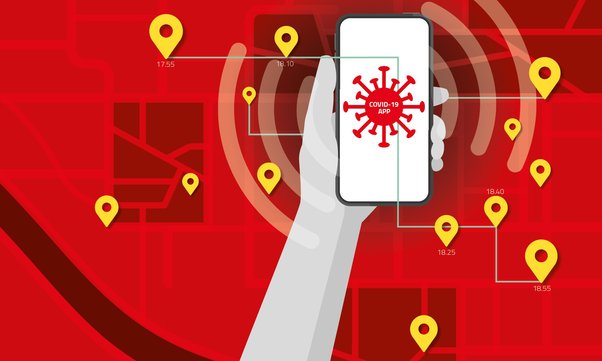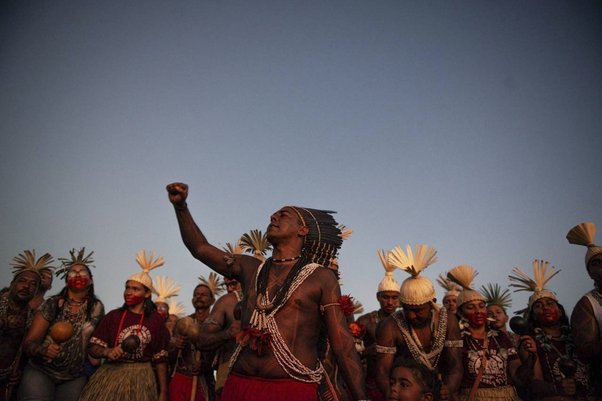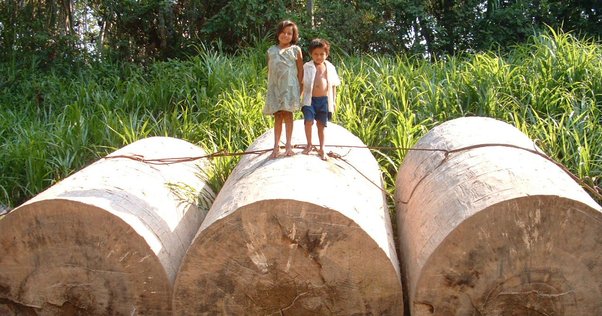An investigation by Global Witness reveals that ADM, Bunge and Cargill, trading giants central to the global agri-food system, are fuelling human rights abuses caused by soy suppliers in conflict with traditional communities in Brazil’s Bahia state.
The fecho de pasto community of Capão de Modesto, who have sustainably managed their ancestral land in Brazil’s Cerrado region for hundreds of years, accuse security guards hired by a group of major soy producers of violence, destruction of property and death threats.
The producers are litigating to prevent the community’s access to their lands, supressing the exercise of rights nominally protected under Brazil’s and Bahia State’s constitutions.
The abuses and litigation are documented in police reports, court filings, and powerful personal testimonies. The producers’ relationships with the multinational soy traders were revealed through commercial and legal records, testimonies of local trade representatives, and company disclosures.
The conflict is an example of a 'green land grab', with the farmers claiming the contested area as 'legal reserve' - forest areas that Brazilian law requires be preserved to offset deforestation for soy.
One of the soy producers involved partnered with Archer Daniels Midland (ADM) to increase access to European markets through audits under the International Sustainability and Carbon Certification system (ISCC) – a scheme recognised under the European Union’s Renewable Energy Directive.
The European Union imported 7 million tons of Brazilian soy last year, with ADM, Bunge and Cargill being Brazil’s biggest exporters. Major shipments to the E.U. from the traders’ facilities surrounding Capão de Modesto present a clear risk that European soy imports are tainted by the conflict.
Marina Comandulli, Campaigner at Global Witness said: “This investigation proves once again that big-Agri’s voluntary sustainability pledges are failing people and the planet. The traders’ contribution to this conflict are a clear justification for strong action from the European Commission as it moves ahead with new draft legislation to hold companies liable for human rights and environmental harms in their supply chains.”
While claiming almost universal traceability for Brazilian soy, none of the traders disclose any of their suppliers and the business remains fundamentally opaque and unaccountable. Despite policies supposedly committing the traders to uphold human and land rights in their supply chains, our research reveals structural deficiencies and negligence in policy implementation.
In buying soy from farms central to this long-running conflict, the traders are failing in their responsibilities under the most authoritative international standards, including the UN Guiding Principles on Business and Human Rights and the OECD Guidelines on Multinational Enterprises.
Recommendations
We are is calling on the Brazilian government to prioritise the provision of recognised land titles to traditional communities in Brazil to allow them to live in peace.
In the absence of sufficient Brazilian state protections, global commodity traders dealing in conflict-prone areas like Bahia’s Cerrado must prioritise human rights and community land rights in their soy supply chains and provide remedy for harms where they occur.
In the absence of credible corporate action, the European Union must ensure that Sustainable Corporate Governance legislation committed for 2021 mandates binding and enforceable human rights, land rights, and environment due diligence from agribusiness supply chain actors, and provides for sufficient penalties for non-compliance with due diligence obligations and actual harms. Separate EU legislation on forest risk commodities must equally ensure European markets are not tainted with human rights abuses and community land rights violations.
Notes to editor:
You can download and read the full investigation: Seeds of Conflict: how global commodity traders contribute to human rights abuses in Brazil’s soy sector here.
Companies referenced in this release were contacted for comment and their responses, where given, appear in the main report.
Brazil – the largest soy exporter in the world – is rife with environmental abuse and land conflicts, and is one of the deadliest countries in the world for land and environmental defenders – those who stand up to protect their homes and our planet. Over 300 defenders have been killed since 2012, according to data gathered by Global Witness.
A 2020 report by Global Witness found that in Indonesia nearly 40% of a sample of Indonesian palm oil mills supplying ADM and Bunge were publicly linked to land, environmental and human rights abuses.


